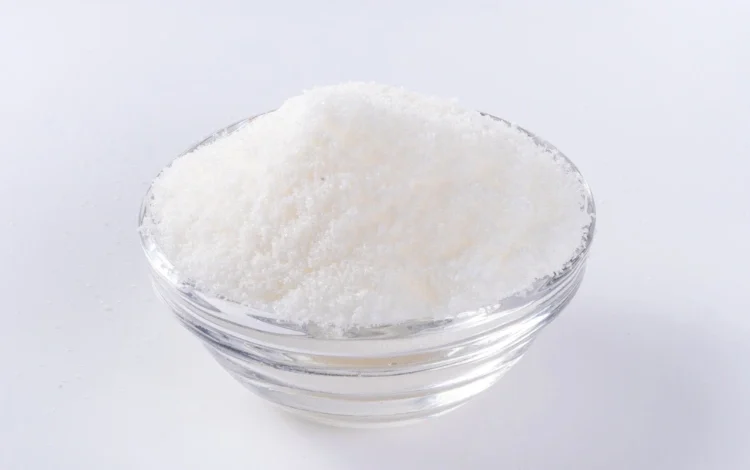New Study Shows Allulose Could Help Combat Obesity and Type 2 Diabetes
Study Overview: Investigating Allulose's Effects on Metabolism

A groundbreaking study published in Nutrients has shown that a 12-week diet rich in allulose, a rare sugar, could have significant benefits for managing obesity and type 2 diabetes (T2D). The study, conducted by researchers from Brigham Young University and other institutions, explored how allulose affects metabolic health in a rat model of diet-induced obesity and T2D.
What Is Allulose?
Allulose is a naturally occurring, low-calorie sweetener that has been gaining attention for its unique health benefits. Unlike other sugars, allulose does not raise blood glucose levels and may even promote fat loss. While it’s found in small amounts in certain fruits, allulose can now be manufactured and added to food products as a healthier sugar alternative.
Key Findings of the Study
The study, led by Dr. Kevin Cayabyab, investigated the effects of an allulose-rich diet on rats that were fed a high-fat, high-sugar diet designed to induce obesity and diabetes. Over 12 weeks, the allulose-supplemented rats showed significant improvements in several key health markers compared to those on a similar diet sweetened with stevia.
1. Weight Gain Reduction:
- The rats consuming allulose gained significantly less weight than those in the stevia group, despite consuming a similar high-fat diet.
- Allulose was found to reduce overall food intake in rats, suggesting it may help control appetite.
2. Improved Insulin Sensitivity:
- Allulose improved insulin sensitivity, helping the rats manage their blood sugar levels more effectively.
- The hormone GLP-1, known for regulating glucose and appetite, was significantly elevated in the allulose group, indicating improved metabolic regulation.
3. Liver and Fat Metabolism:
- The study showed that allulose prevented fat accumulation in the liver, a common consequence of obesity that can lead to fatty liver disease.
- It also enhanced the functioning of mitochondria, the energy-producing components in fat cells, promoting a more efficient breakdown of fats.
4. Reduced Inflammation:
- Levels of C-reactive protein (CRP), a marker of inflammation, were lower in the allulose group, indicating that the diet helped reduce inflammatory responses often linked to obesity.
Why This Matters
As obesity and type 2 diabetes continue to rise worldwide, the findings of this study could offer a new dietary solution. Allulose has the potential to be used as a healthier sugar alternative in foods, helping to control weight gain, improve blood sugar management, and reduce the risk of fatty liver disease without the need for drastic dietary changes.
Dr. Benjamin T. Bikman, co-author of the study, stated, “Our results suggest that allulose can be a game-changer in the fight against metabolic diseases. It offers a natural way to control body weight and improve insulin sensitivity, which are key factors in managing diabetes and obesity.”
Looking Ahead
While the study provides promising data, more research is needed to confirm these benefits in humans and determine the long-term effects of allulose consumption. However, the results add to a growing body of evidence supporting the use of allulose as a functional sweetener for better metabolic health.
As consumers seek healthier sugar alternatives, this study could pave the way for allulose to become a common ingredient in food products aimed at combating obesity and diabetes.








